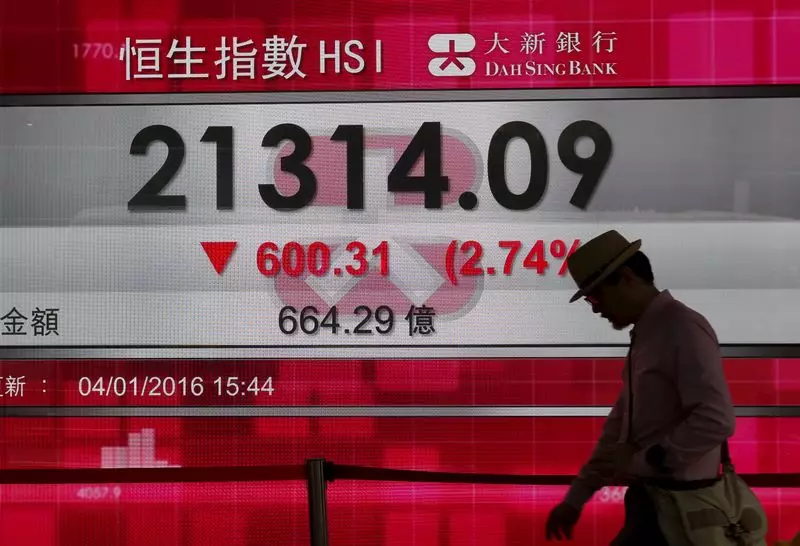Recent announcements from Chinese policymakers have sent ripples through the nation’s financial markets, leading many investors to describe this shift as nothing short of a “bazooka” approach to economic revitalization. Analysts from BCA Research have pointed out that these newly enacted measures are particularly aimed at reviving the flagging Chinese equity markets, which have been underperforming and labeled as oversold. This sudden policy pivot has injected a renewed sense of optimism into the market, igniting a short-term rally that many investors are eager to capitalize on. However, the fundamental question looming over this bullish sentiment is whether these measures can translate into tangible benefits for the broader Chinese economy.
While immediate reactions indicate a boost in market sentiment, experts remain skeptical about the sustainability of this momentum. BCA Research analysts warn that although Chinese equities may experience a temporary surge, structural obstacles within the economy are far from resolved. Issues such as debt deflation, lack of consumer confidence, and ongoing challenges faced by private businesses and local governments form a precarious backdrop that overshadows any positive effects of the recent policy announcements. Notably, the analysts highlight that the newly implemented subsidies, pegged at a mere 0.8% of GDP, may lack the heft needed to significantly shift the economic landscape.
One of the most pressing concerns lies within China’s beleaguered property market, which has historically been a cornerstone of economic growth. Despite the introduction of new financial initiatives aimed at supporting property developers, previous efforts have produced little in the way of a positive turnaround. BCA Research emphasizes that without more decisive monetary measures, such as a robust quantitative easing program specifically targeting the property sector, the market will likely continue to act as a drag on broader economic growth. The lack of sustainable recovery in this sector is indicative of a deeper malaise that could stifle recovery efforts.
Monetary Policy and Business Sentiment
Adding another layer of complexity to the situation is the current lending landscape in China, where high real interest rates compound the difficulties faced by businesses eager to invest and expand. The sentiment among entrepreneurs remains wary, particularly in light of government policies perceived as hostile toward large private enterprises. This hesitance is compounded by the burdens local governments are grappling with, notably rising debts coupled with aggressive anticorruption campaigns. These factors make it improbable for local administrations to quickly adopt growth-promoting policies.
While the latest policy announcements have invigorated Chinese financial markets temporarily, the underlying challenges of the economy suggest that any relief may be fleeting. Without significant and targeted interventions, particularly regarding the property sector and in addressing broader economic sentiment, the outlook for sustained growth remains uncertain. Investors may find short-term opportunities in the equity spaces, but the long road ahead is fraught with structural weaknesses that continue to inhibit China’s economic potential.

